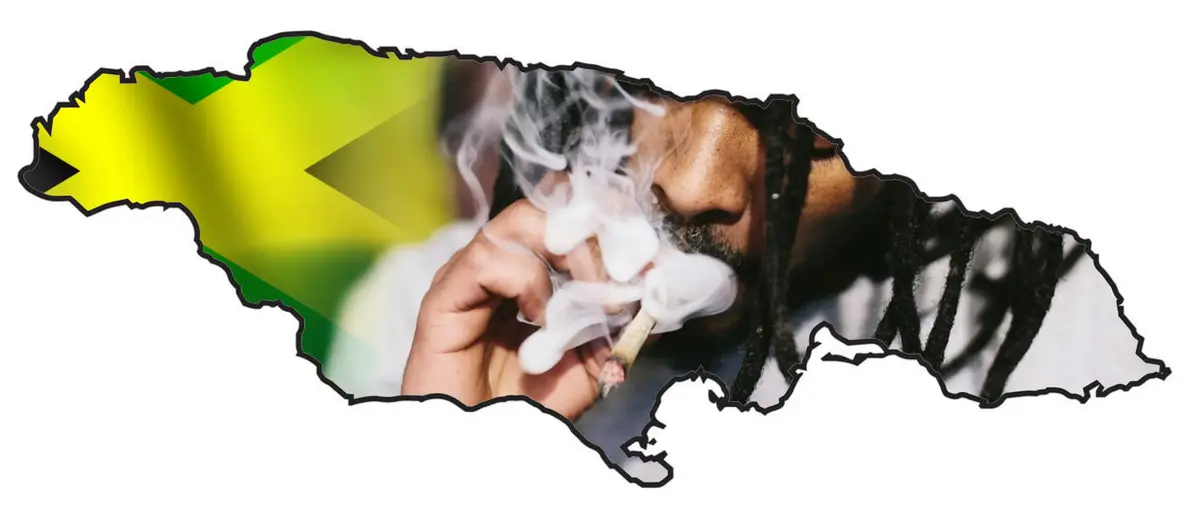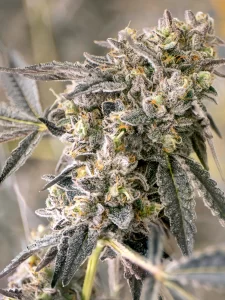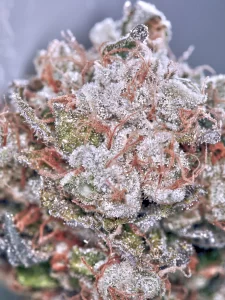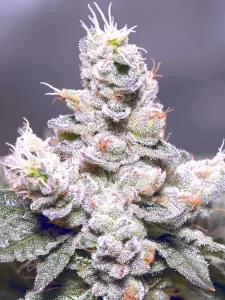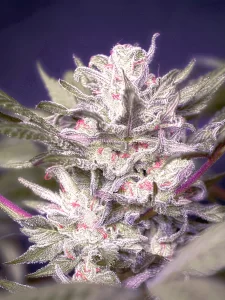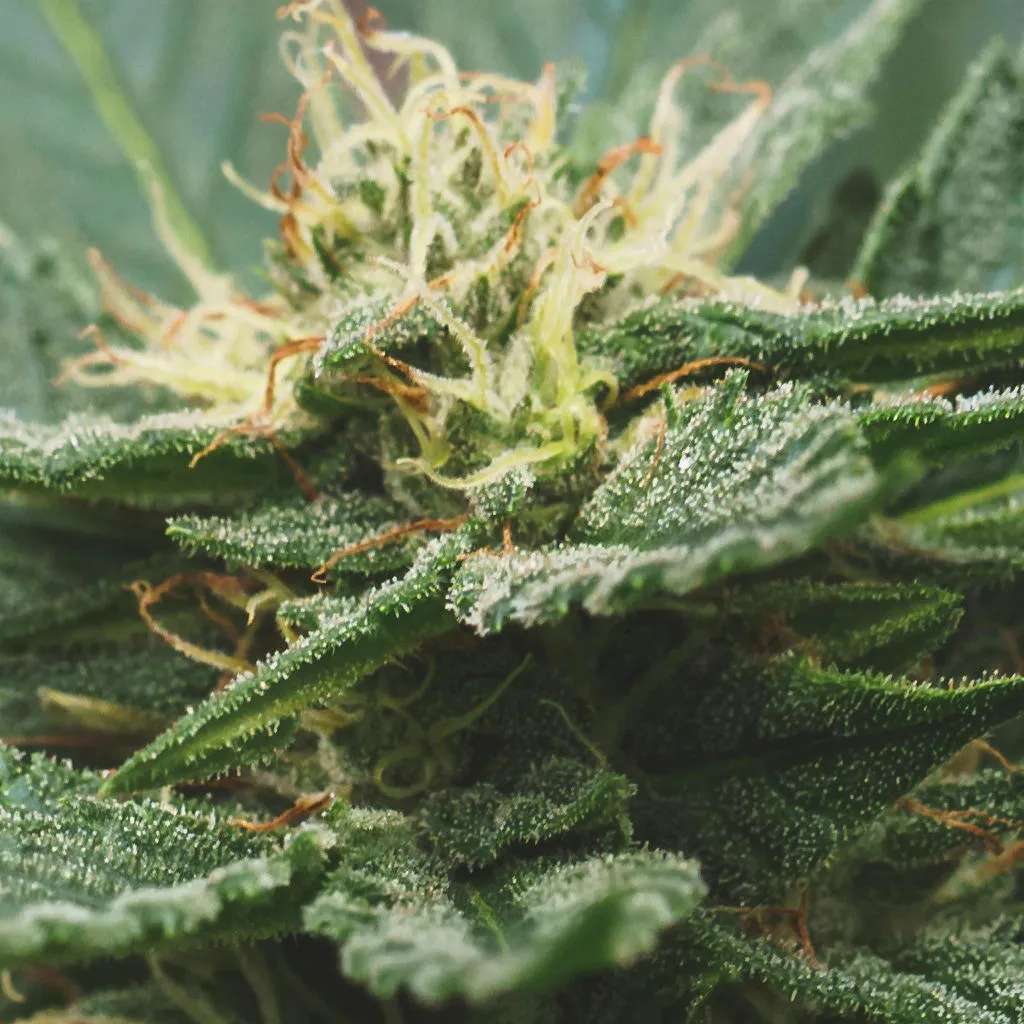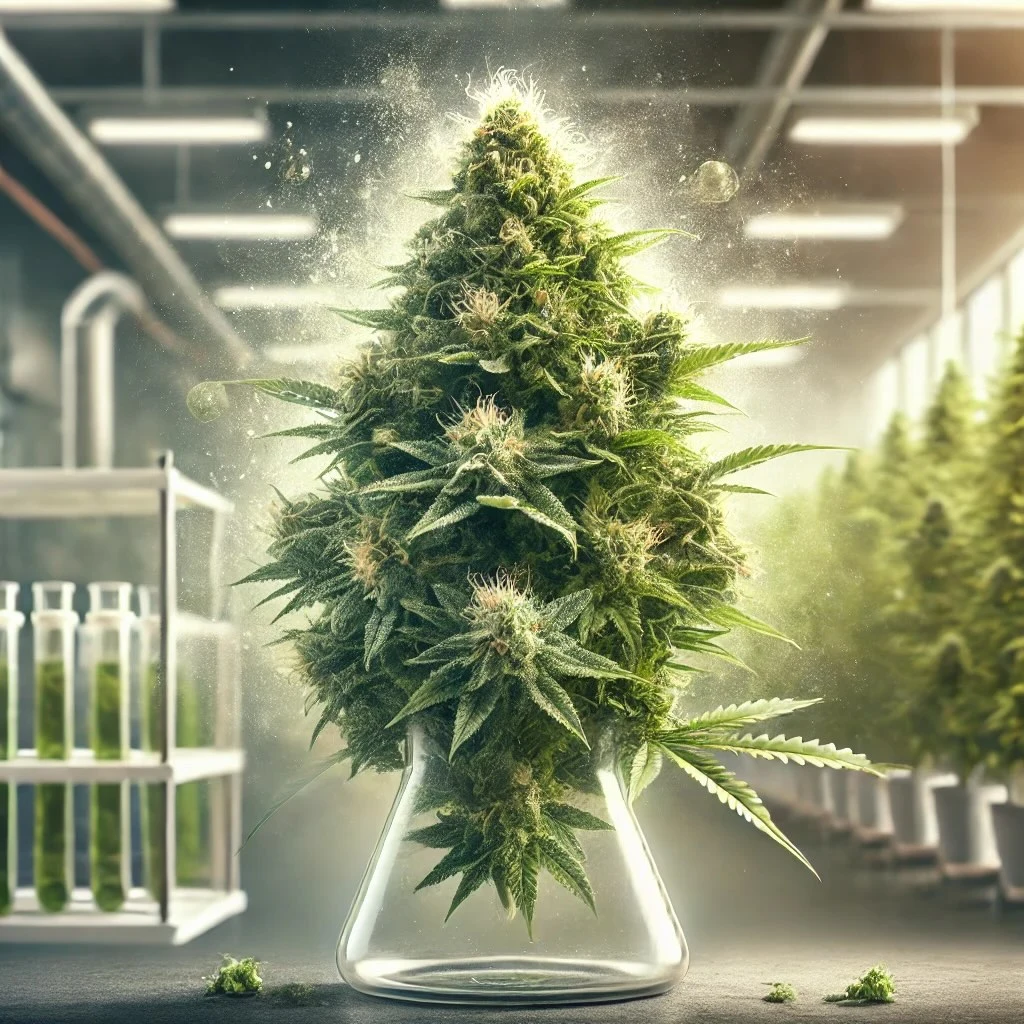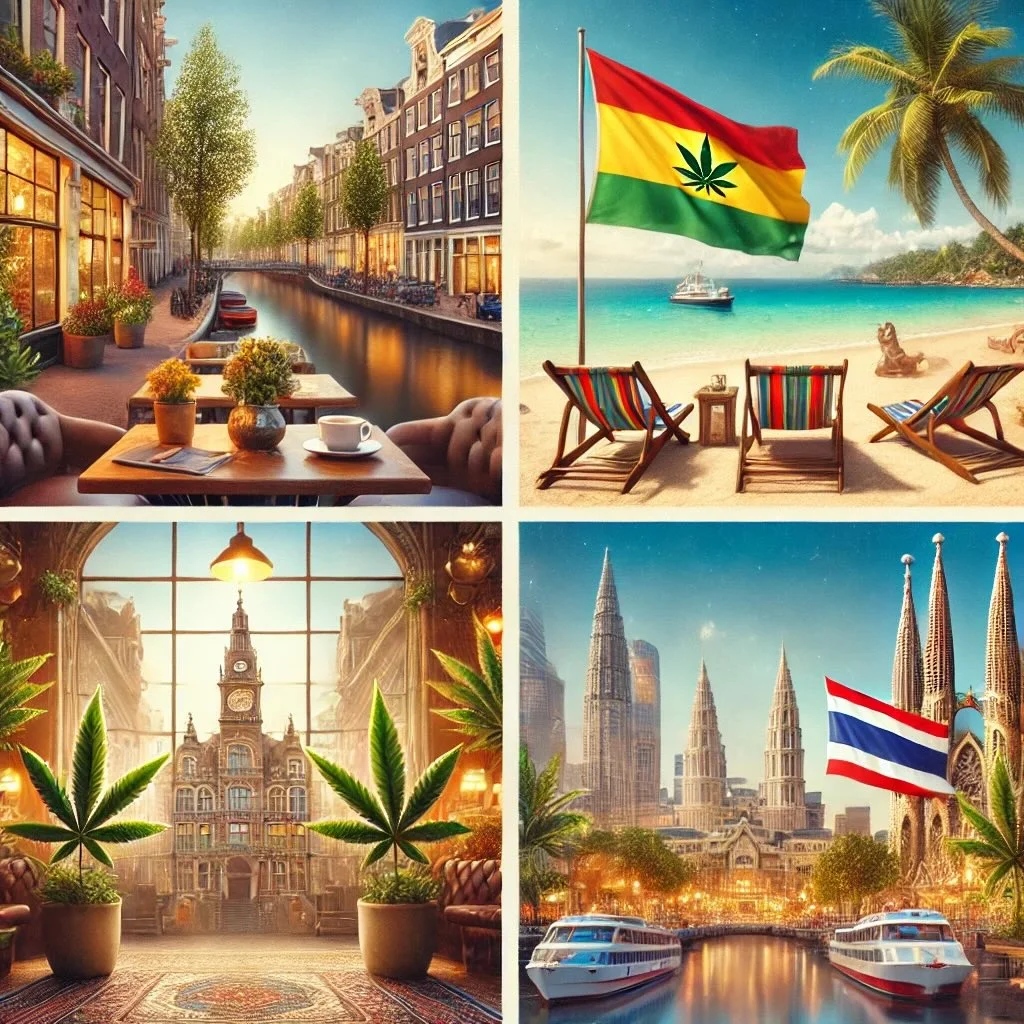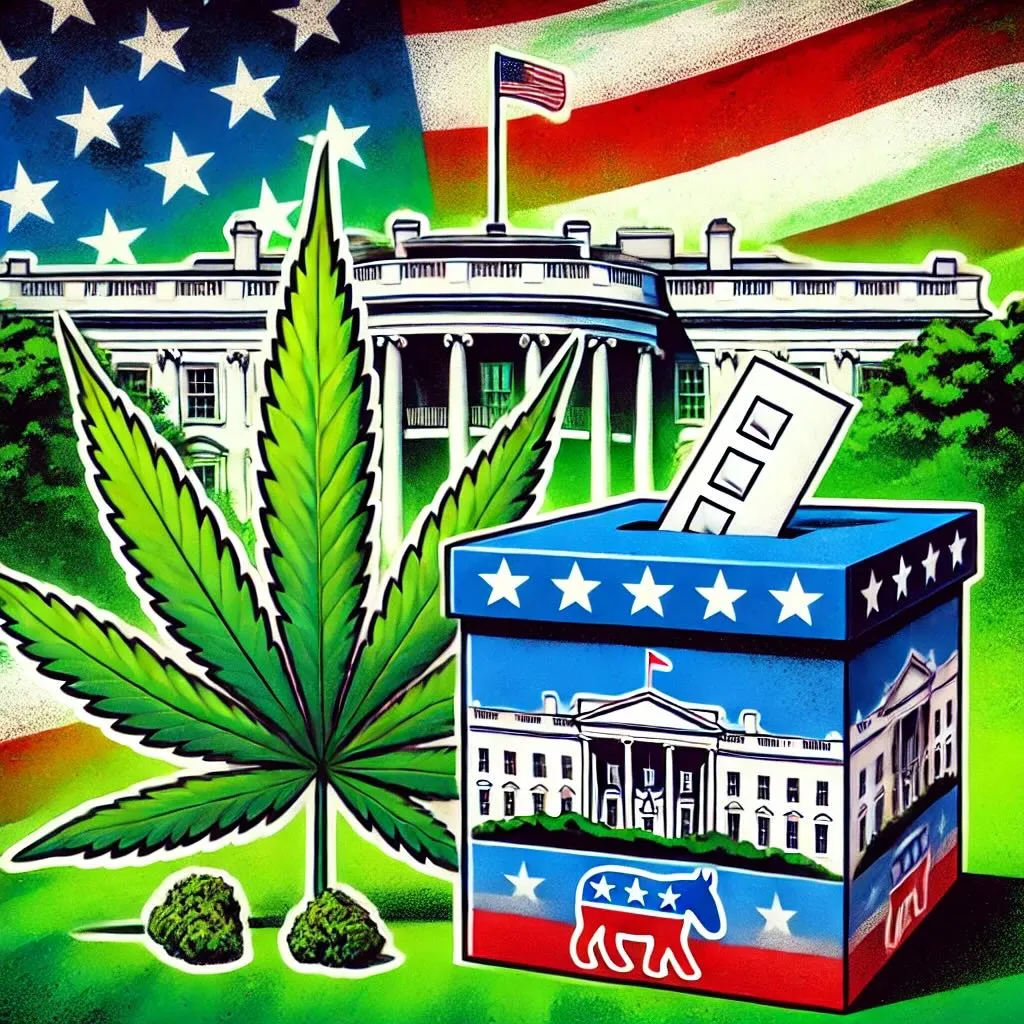Is marijuana legal in Jamaica in 2023? Dive deep into its historical context, medical regulations, and implications for tourists. Uncover the ongoing debate around full cannabis legalization on the island
Marijuana, often known as ganja in Jamaica, has a long and storied history on the island. Despite its association with the Rastafarian culture and its role in Jamaica’s music, lifestyle, and religious practices, marijuana has not always enjoyed a clear legal status in the country. By 2023, significant strides have been made toward the decriminalization and regulation of the herb. Let’s delve into the details.
Historical Context
Historically, marijuana was brought to Jamaica in the mid-19th century by indentured laborers from India. The plant quickly integrated into the local culture, especially among the Afro-Jamaican population and later with the Rastafarians, for whom it became a sacramental herb. Despite its widespread cultural acceptance, marijuana was criminalized in Jamaica for the most part of the 20th century, due to both internal and international pressures.
Decriminalization in 2015
In 2015, the Jamaican government took a significant step toward decriminalizing marijuana for personal use. The amendment to the Dangerous Drugs Act made the possession of up to two ounces (56.6 grams) a ticketable offense, rather than a criminal one. This means individuals found with small amounts would face a petty fine instead of jail time.
Furthermore, the 2015 amendment allowed the cultivation of up to five marijuana plants per household for personal, religious, or therapeutic use. Recognizing the spiritual significance of marijuana for the Rastafarian community, the government permitted its use for religious ceremonies in places of worship.
The Medical Marijuana Landscape
Post-2015, the Jamaican government also introduced a licensing regime to facilitate the development of a legal medical marijuana industry. This made it possible for businesses to cultivate, process, distribute, and sell marijuana for medical, therapeutic, and scientific purposes. By 2023, Jamaica has become a notable player in the Caribbean and global medical marijuana market. Tourists with medical marijuana prescriptions from their home countries are also allowed to purchase and consume marijuana in Jamaica through licensed dispensaries.
Full Legalization: The 2023 Landscape
As of 2023, the possession and cultivation of marijuana for personal use have been decriminalized, but full recreational legalization has not been achieved yet. This means that while you won’t face criminal charges for small amounts of marijuana, it’s not entirely “legal” in the same way that tobacco or alcohol might be.
However, the climate surrounding marijuana in Jamaica has been rapidly changing. Advocacy groups, stakeholders, and even politicians have been pushing for full legalization. They argue that doing so would bolster Jamaica’s economy, reduce illicit trade, and further solidify Jamaica’s position as a cannabis-friendly tourist destination.
There have been discussions in Jamaica’s parliament about the possibility of full legalization, but as of 2023, no such legislation has been passed. The government is treading carefully, considering the broader implications, including international treaties to which Jamaica is a signatory.
The Tourist Angle
Jamaica’s reputation as a haven for cannabis enthusiasts has grown over the years. The local market has adapted to this. In popular tourist destinations, there are ‘herb houses’ and lounges where tourists can legally purchase and consume cannabis products. However, tourists are strongly advised to consume marijuana only in licensed establishments and be aware of the local laws to avoid any legal complications.
Conclusion
In 2023, while Jamaica has made significant strides toward marijuana decriminalization and the establishment of a robust medical marijuana industry, full recreational legalization remains a topic of debate. The island nation balances its cultural affinity for the herb with the practicalities of international relations and internal economic considerations. For now, residents and tourists alike should remain informed about the current legal status and act accordingly.

